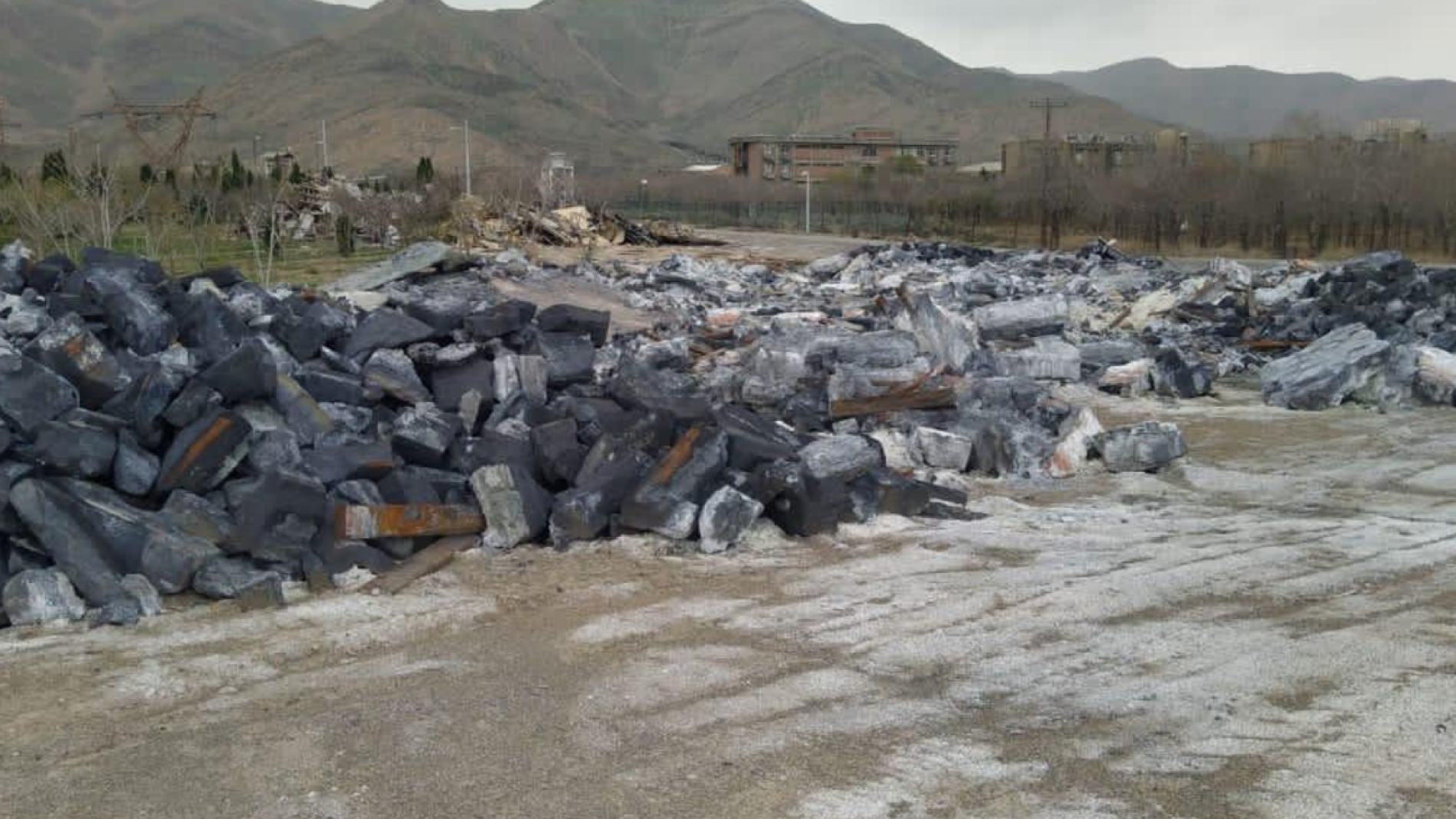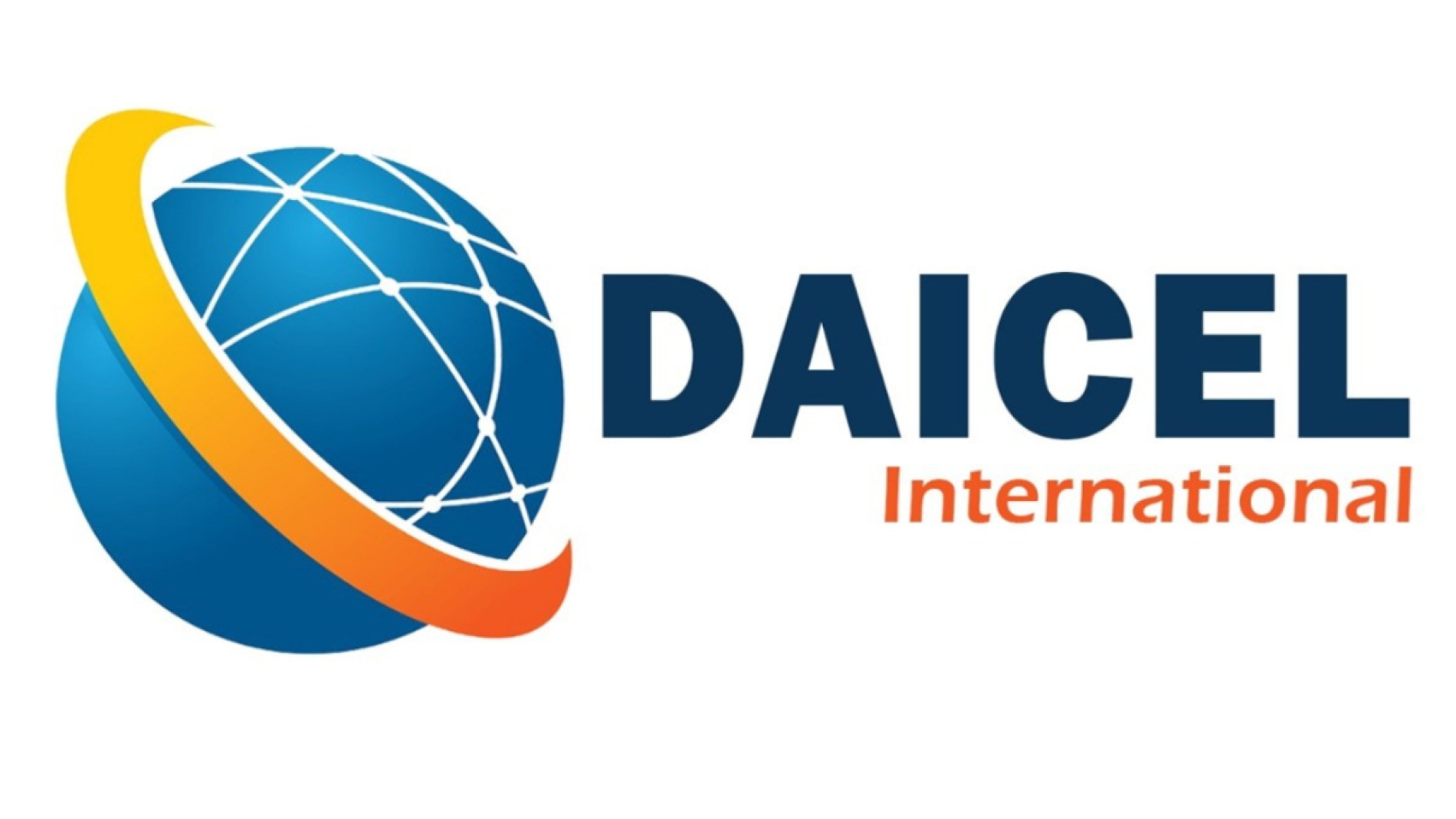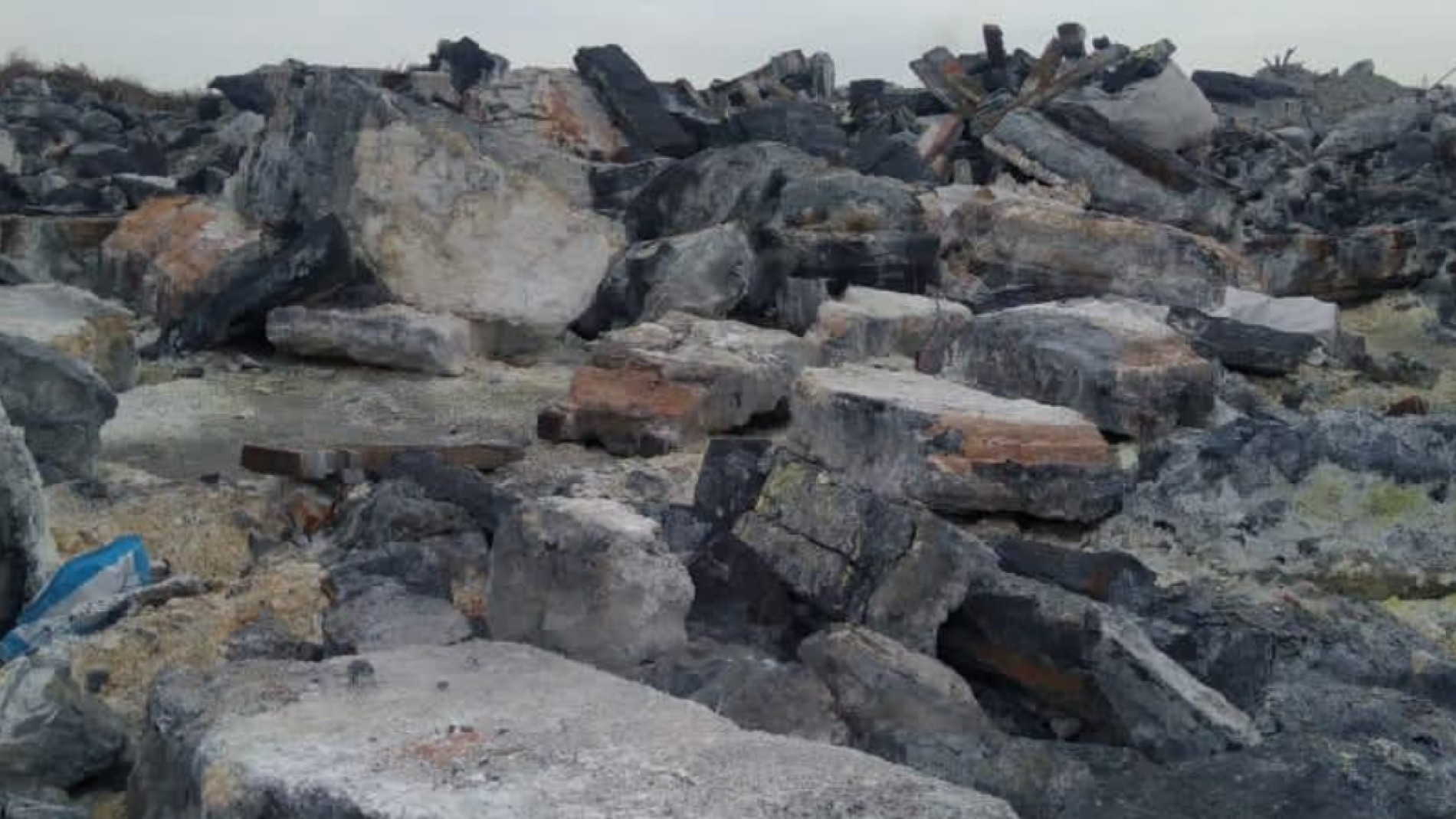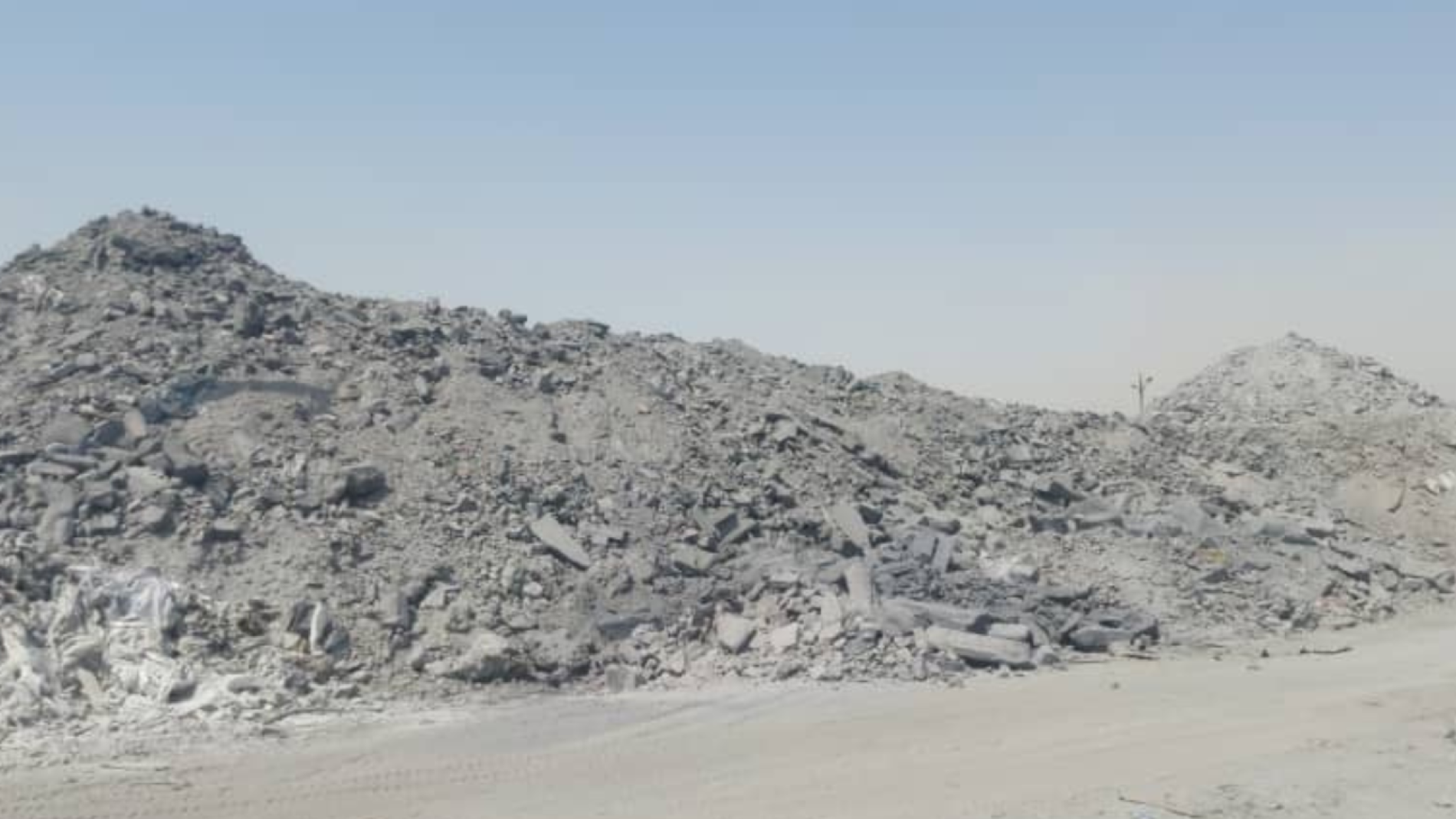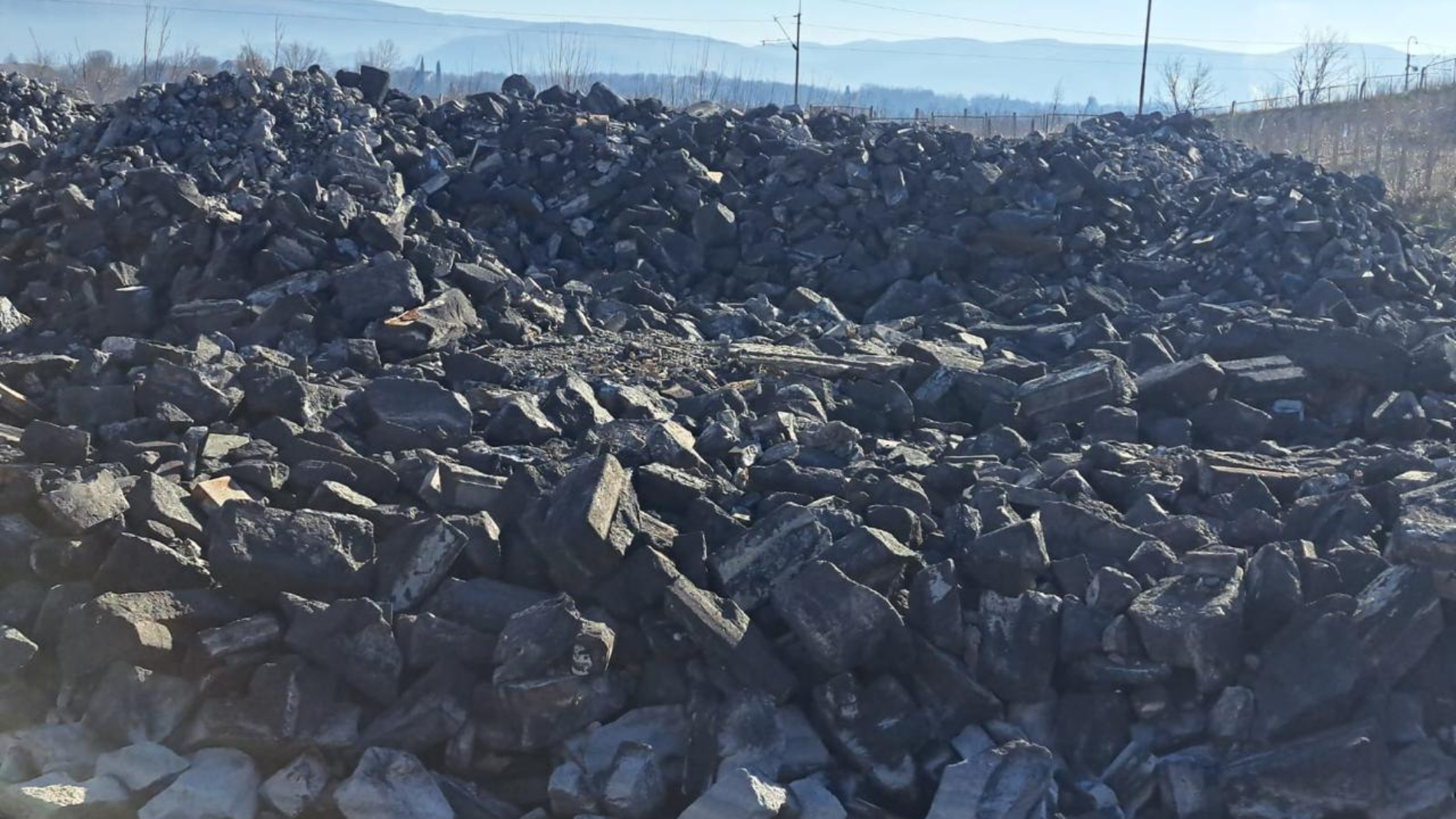Ozoneum’s recent visit to a primary aluminum smelter in Central Asia marks a significant milestone in the quest for sustainable waste management practices within the region. Tasked with evaluating the quality of the smelter’s spent pot lining (SPL), Ozoneum embarked on a comprehensive sampling initiative to assess the material’s composition, characteristics, and potential for valorization. This collaborative effort underscores a shared commitment to environmental stewardship and resource optimization, as both Ozoneum and the smelter aim to maximize the value of SPL while minimizing its environmental footprint.
Armed with expertise in environmental remediation and waste valorization, Ozoneum conducted meticulous sampling and analysis of the smelter’s SPL, employing state-of-the-art techniques to discern key properties and identify potential avenues for valorization. From chemical composition to physical properties, each aspect of the SPL was scrutinized to determine its suitability for various valorization processes, including recycling, repurposing, and recovery of valuable materials.
Following rigorous sampling and analysis, Ozoneum provided the primary aluminum smelter with a detailed assessment of the SPL’s quality and valorization potential, accompanied by tailored recommendations for optimizing SPL management strategies. Drawing upon insights gleaned from the sampling campaign, Ozoneum proposed a range of valorization options tailored to the specific characteristics of the smelter’s SPL, encompassing both traditional recycling methods and emerging technologies such as pyrolysis, gasification, and material recovery.
As the primary aluminum smelter in Central Asia embraces Ozoneum’s recommendations, a new chapter unfolds in the journey towards sustainable waste management and resource utilization. By leveraging Ozoneum’s expertise and insights, the smelter stands poised to unlock new opportunities for valorizing SPL, thereby reducing waste generation, minimizing environmental impact, and optimizing resource efficiency. This collaborative endeavor exemplifies the power of partnership in driving positive change, as Ozoneum and the smelter work hand in hand to realize a vision of sustainable development and environmental resilience in Central Asia’s aluminum industry.

